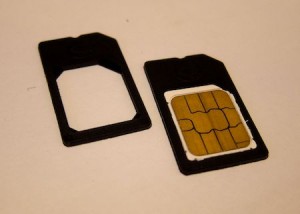 Keen though I am to reduce the amount of paper in my life, I am still hesitant about switching all of my utility bills to electronic form because they are often useful, in the UK, as proof of your residential address.
Keen though I am to reduce the amount of paper in my life, I am still hesitant about switching all of my utility bills to electronic form because they are often useful, in the UK, as proof of your residential address.
Mobile phone bills, however, tend to be excluded, and since almost every gadget I buy comes with a SIM, I now have quite a few of these! But there’s a different problem when it comes to switching many of these to paperless billing, as illustrated just now by my iPad contract with Vodafone. How do you do it?
Well, you go to Vodafone’s site, and register for an online account. The first thing you need to do is enter your phone number. What is the phone number of my iPhone? Fortunately I had a recent bill handy, so I could look it up, never having needed it for anything other than this before.
Then you hit a second problem. They send you a text message with a security code in it, which you need to enter into the web site. Except, as they well know, this is an iPad, on a special iPad-only contract, and it sadly has no way of reading text messages. (Nor does my Mifi. Nor my 3G dongle, at least with a Mac.) Mmm….
OK, well, SMS messages are sent to the number identified by the SIM, not the device, so I can take the SIM out of the iPad and put it in a phone. (As a matter of course, I always have all my devices unlocked whenever I possibly can, just to make this sort of thing possible.)
Then you hit the third problem. My whopping great iPad has a micro-SIM, while my decidedly smaller iPhone has a regular sized SIM. Fortunately, you can buy adapters which convert one to the other. (If you need to go the other way, you can do so with a pair of scissors, or with a special cutter.)
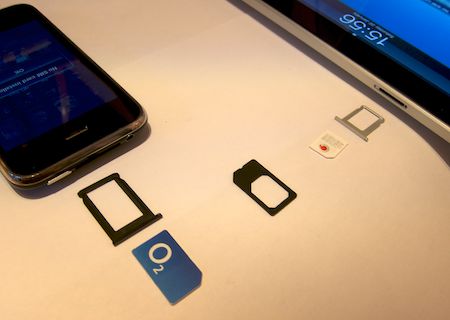
So the process becomes: move SIM from non-SMS-receiving device to receiving device, having previously unlocked the latter if they’re on different networks, and making use of cutters or adapters as required, then register on first device’s network website, noting and entering any codes that may be texted to you, then restore everything to its previous state afterwards. In the States, where there’s a reasonable chance that your different devices wouldn’t have compatible radio circuitry, it would be even worse.
One feels that this might be a bit of an oversight on the part of the service providers…
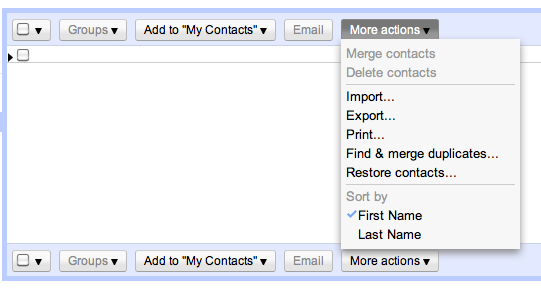
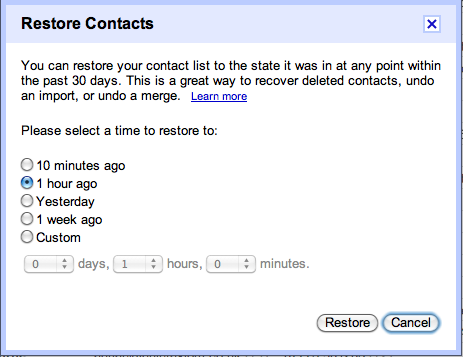

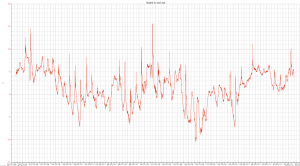
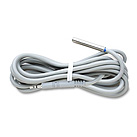
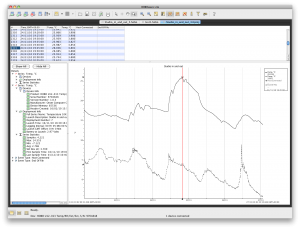


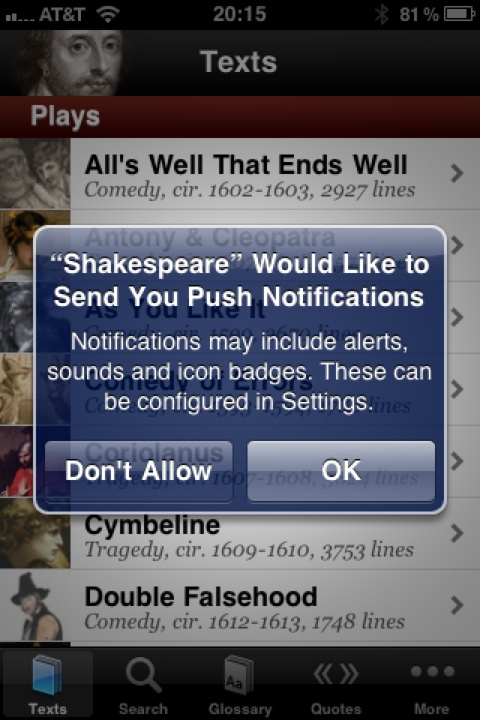

Recent Comments